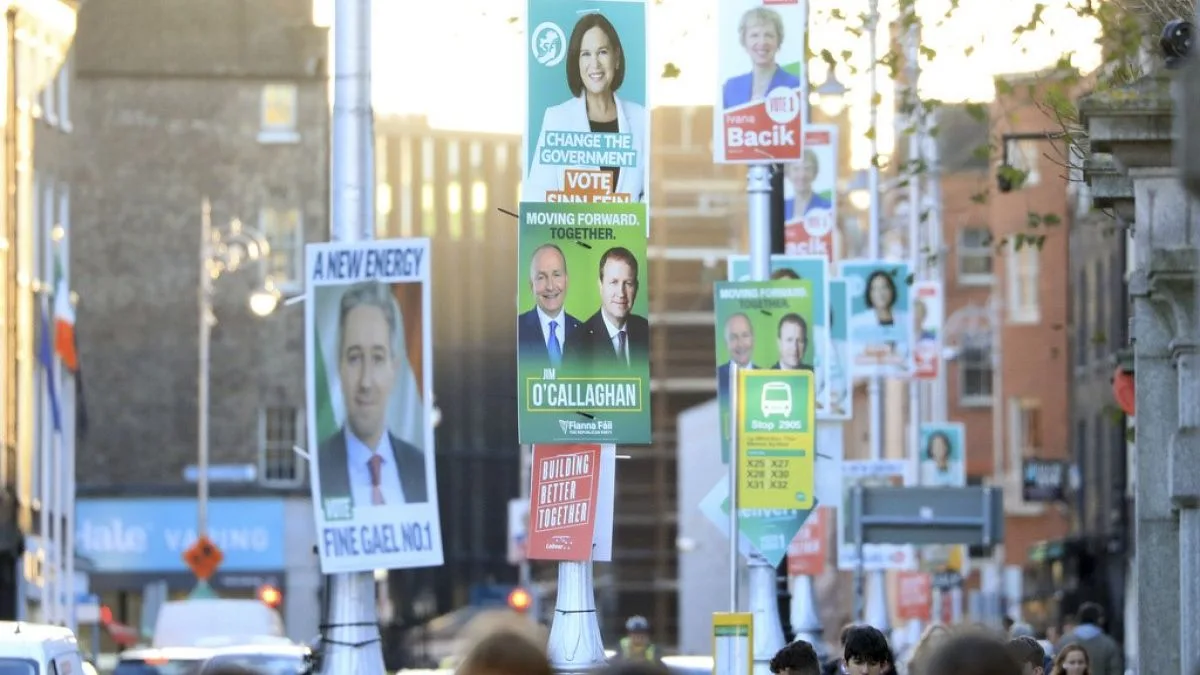In 2023, only 11% of the EU budget was allocated to initiatives promoting gender equality. Euronews explores Brussels’ strategy to enhance this figure in the upcoming term.
The EU’s annual budget, approximately €140 billion, has sparked discussions among top officials who assert that it must refocus on gender equality. Spending decisions in the public sector are not neutral; they can either amplify or mitigate existing disparities between genders.
This concept, referred to as “gender budgeting,” seeks to ensure equitable allocation of funds, enabling taxpayers’ money to identify and dismantle obstacles hindering women and girls across the EU.
With a comprehensive overhaul of the EU budget anticipated to begin in June of next year, plans for the next seven years suggest a commitment to enhancing gender mainstreaming, according to a European Commission spokesperson.
Proposed amendments to the current Financial Regulation would necessitate that “programmes and activities be executed with regard to the principle of gender equality, and all performance indicator data for financial programmes must be gender-disaggregated where applicable,” the spokesperson noted regarding yet-to-be-approved initiatives.
This proactive approach is expected to receive support from various lawmakers in the European Parliament.
Implementing gender budgeting and elevating it to the highest political priority will be a critical challenge for the upcoming term, emphasized MEP Lina Gálvez (Spain/Socialists and Democrats), chair of the Parliament’s Women’s Rights Committee, in conversations with Euronews.
Experts affirm that EU financial planning could play an essential role in furthering gender equality. “By assessing the gender-related impacts of fiscal policies, gender budgeting can address issues such as wage disparity, lack of representation in decision-making roles, and restricted access to essential services like healthcare and education,” stated Mirta Baselovic, spokesperson for the European Women’s Lobby (EWL).
For example, a gender-responsive budget would recognize factors like unpaid care work, which is undertaken by four out of five women daily in the EU, compared to less than half of men. This disparity affects women’s participation in the labor force, influencing overall employment levels and economic performance.
As the next EU Commission aims to enhance competitiveness, experts are eager to establish a connection between sound economic policies and gender budgeting. “Gender budgeting is fundamentally good budgeting. It benefits the economy and stands as a tool for ensuring long-term gender equality,” Helena Morais, a researcher at the European Institute for Gender Equality (EIGE), voiced to Euronews.
Research from EIGE suggests that addressing gender equality could boost per-capita growth by up to 9.6% and generate approximately 10.5 million additional jobs by 2050.
“It is also vital to ensure that operational programmes between member states and the Commission effectively target both women and men to achieve established objectives,” Morais added.
Despite an overall increase in budget allocation compared to prior years, only 11% of the EU’s 2023 budget focused on promoting gender equality as either a primary or significant goal—amounting to around €48 billion.
Recent findings from the Commission show that 13 out of 49 EU programmes, such as the Erasmus+ student exchange initiative, the European Social Fund+, and the post-pandemic Recovery and Resilience Facility, included gender equality as a core objective.
Specifically, Horizon Europe, the EU’s primary funding programme for research and innovation, mandates that applicants have a gender equality plan to qualify for funding.
“Horizon Europe exemplifies the strongest gender conditionality,” Gálvez remarked, noting the necessity of adapting gender impact assessments from this programme to other funding sources.
However, EIGE’s research indicates that such conditionality is not consistently applied across all member states. “If this model were to become obligatory for all countries to ensure equitable access to funding, it could serve as a practical approach to integrate gender budgeting within the EU’s financial frameworks,” Morais argued.
A legal framework also exists: the EU is obligated by its foundational treaties to eradicate inequalities, including those based on gender, throughout its operations, including financial instruments.
The current budgetary structure, set to last from 2021 to 2027, was designed with a heightened sensitivity to gender issues; however, the complete integration of gender budgeting into all EU financial initiatives remains “a work in progress,” lamented Baselovic.
Implementing gender budgeting does not necessarily entail excessive costs or burdensome processes; rather, it focuses on the efficient use of resources, emphasizes the EWL.
“While initial investments in training, data collection, and adjustments to current procedures may be required, the long-term advantages of achieving fair and effective public spending will outweigh these early costs,” Baselovic remarked.
Nevertheless, there remains a need for data collection and lessons learned before EU legislators engage in the process of negotiating new expenditure agreements, Morais concluded. “This is an evolving process, and we must derive insights from the various approaches implemented,” she said.
Photo credit & article inspired by: Euronews



